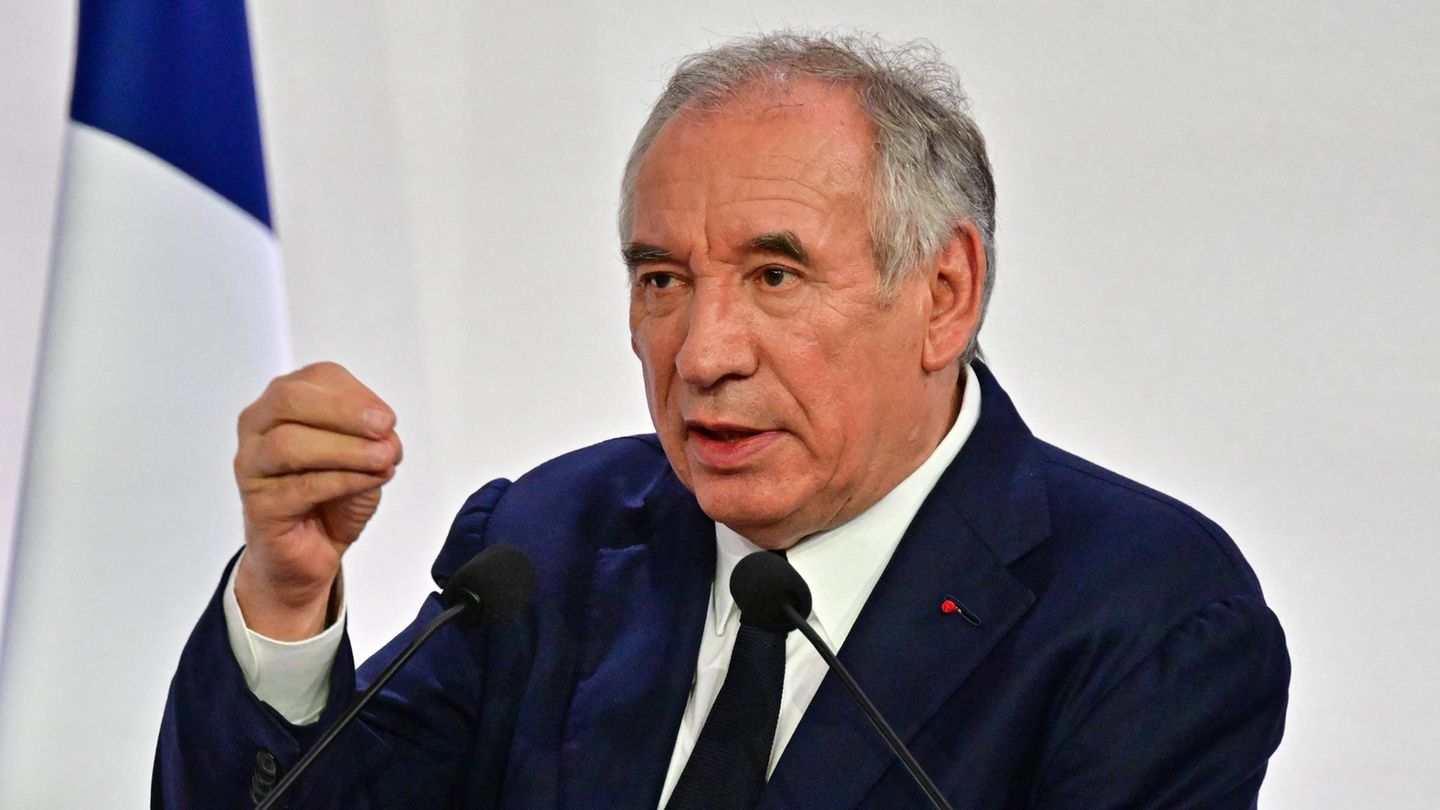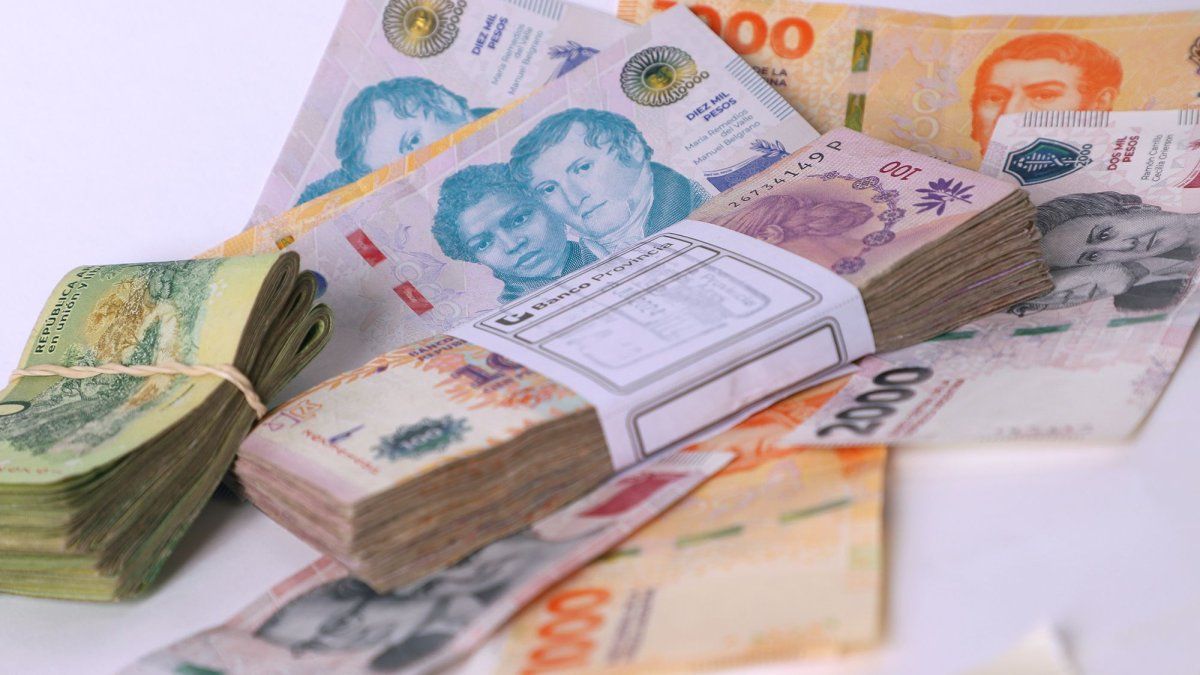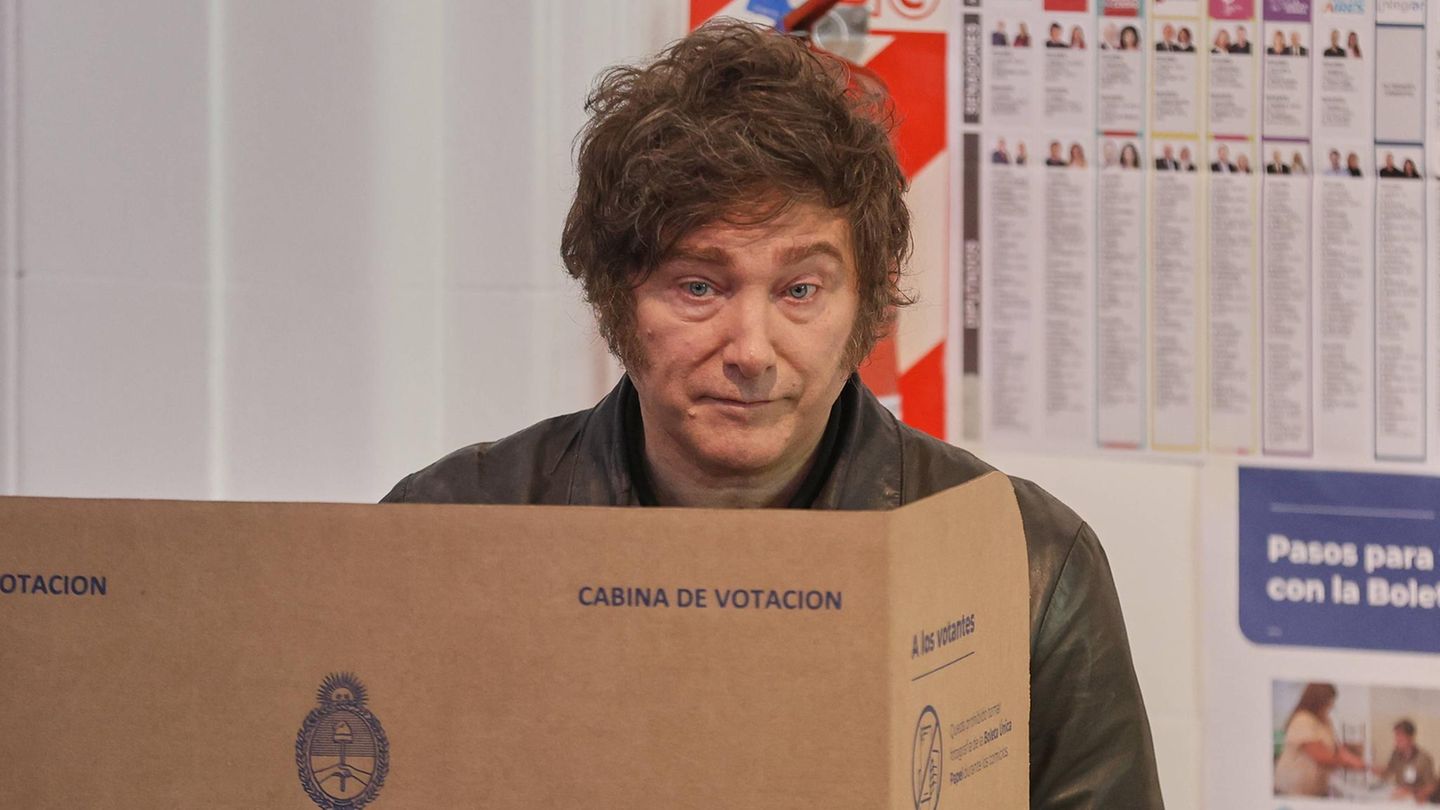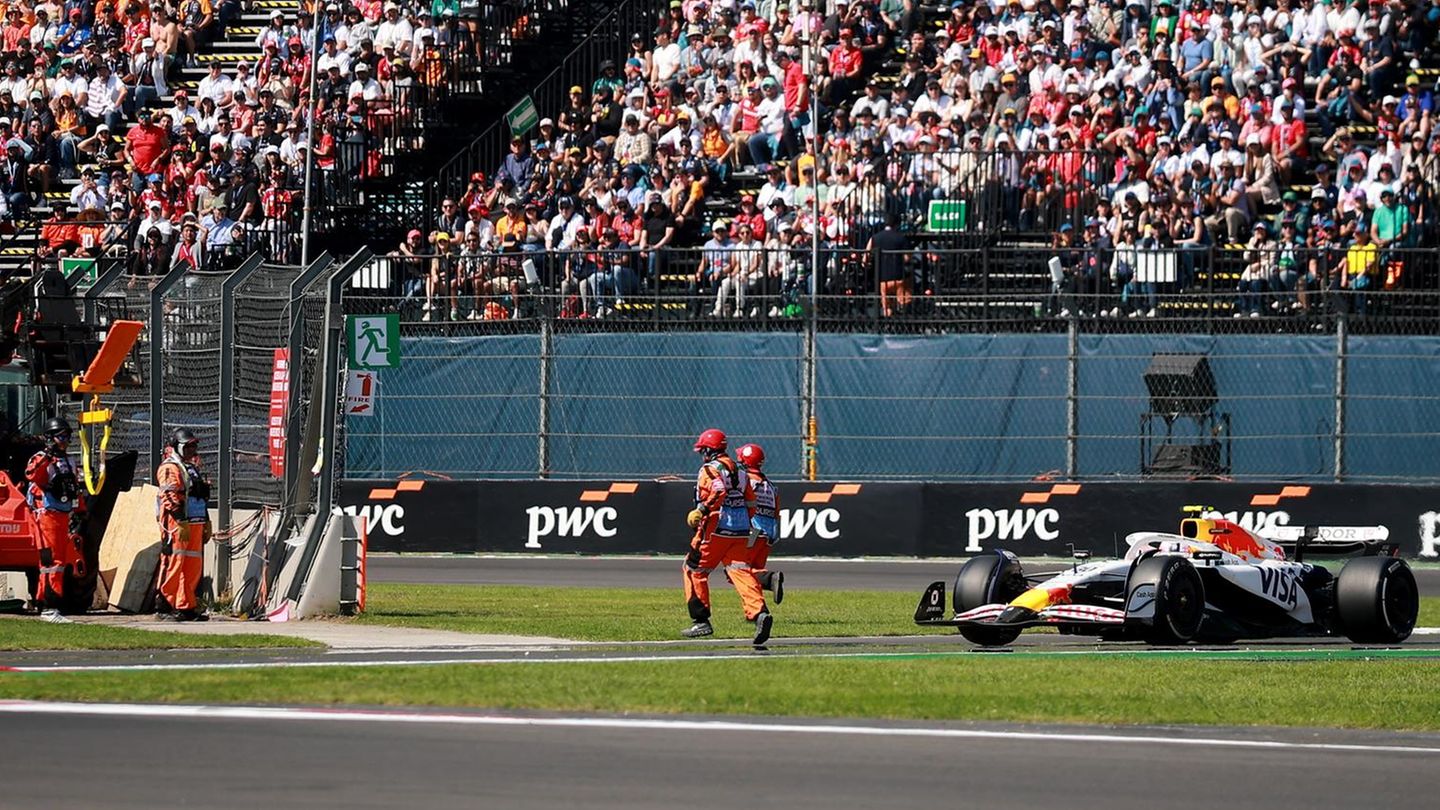Vote
No support for savings plans? France’s government could overthrow
Copy the current link
Add to the memorial list
In order to proceed against France’s over -indebtedness, Premier François Bayrou has announced a savings budget. Now he wants to ask himself a question of trust.
The drastic savings plans of the French Prime Minister François Bayrou could bring down the next government under President Emmanuel Macron in two weeks. Bayrou announced on Monday at a press conference that he wanted to face a special meeting on September 8th at a special meeting of the National Assembly. Large parts of the parliament already announced that he wanted to vote against him.
Bayrou wants to secure himself and its minority government the support of the National Assembly for his savings plans, with which he wants to save almost 44 billion euros in the coming year. “If there is a majority, the government is confirmed,” said the center-right politician on Monday at his press conference at the end of the political summer vacation. “If there is no majority, the government falls.”
Without agreement in parliament, all action is “impossible,” said Bayrou. The vote of trust is about “the extent of the efforts” when saving. After that, the “discussion” about “each of the measures of this emergency plan” should follow.
France’s Premier Bayrou wants to restrict public expenses
Several opposition parties immediately announced that they wanted to vote against Bayrou when asked. The head of the right -wing populist party National (RN), Jordan Bardella, wrote in short message X that his party will “never” express confidence that “whose decisions make the French suffer”. The right -wing populist predicted “the end of the government”.
The Left Populist Party La France Insoumise (LFI), the Greens and the Communists also said that they wanted to bring the Bayrou government to fall. The head of the socialists, Olivier Faure, told the newspaper “Le Monde” that his party would also vote against Bayrou. The socialists do not belong to the government, but they had always supported them.
Faure described it as “unimaginable that the socialists express their trust in the prime minister” because Bayrou “decided to go”. With the question of trust, the government resolves itself. Faure assumed that Bayrou had already “caught the eye of a different stage of his political life”.
If all opposition parties remain closed in their position, they would have together 315 of the 577 votes in the National Assembly and thus a majority against the government. President Macron would then have to appoint the seventh head of government of his two terms.
Bayrou announced a savings budget for 2026 in mid -July. In the coming year, France will save 43.8 billion euros in order to reduce the state deficit to less than 4.6 percent of the gross domestic product (GDP). For 2025, a deficit of 5.8 percent is expected.
The prime minister wants to limit the public expenses with the exception of the defense, freeze pensions and social benefits and abolish two of the eleven holidays. The savings plan triggered sharp criticism from the opposition parties and unions. In the past few weeks, online calls had also increased to paralyze protest strikes on September 10th.
Bayrou defended his plans on Monday. The “over -indebtedness” of the French state is an “immediate danger” for France. Hundreds of billions of borrowed euros were not used for investments, but for ongoing expenses, said the prime minister at the press conference.
On the Paris Stock Exchange, Bayrous announced a bad mood: the leading index CAC 40 slipped significantly into the minus. The budget debate had led to the fall of the government of the then Prime Minister Michel Barnier in December 2024.
AFP
Source: Stern
I have been working in the news industry for over 6 years, first as a reporter and now as an editor. I have covered politics extensively, and my work has appeared in major newspapers and online news outlets around the world. In addition to my writing, I also contribute regularly to 24 Hours World.




